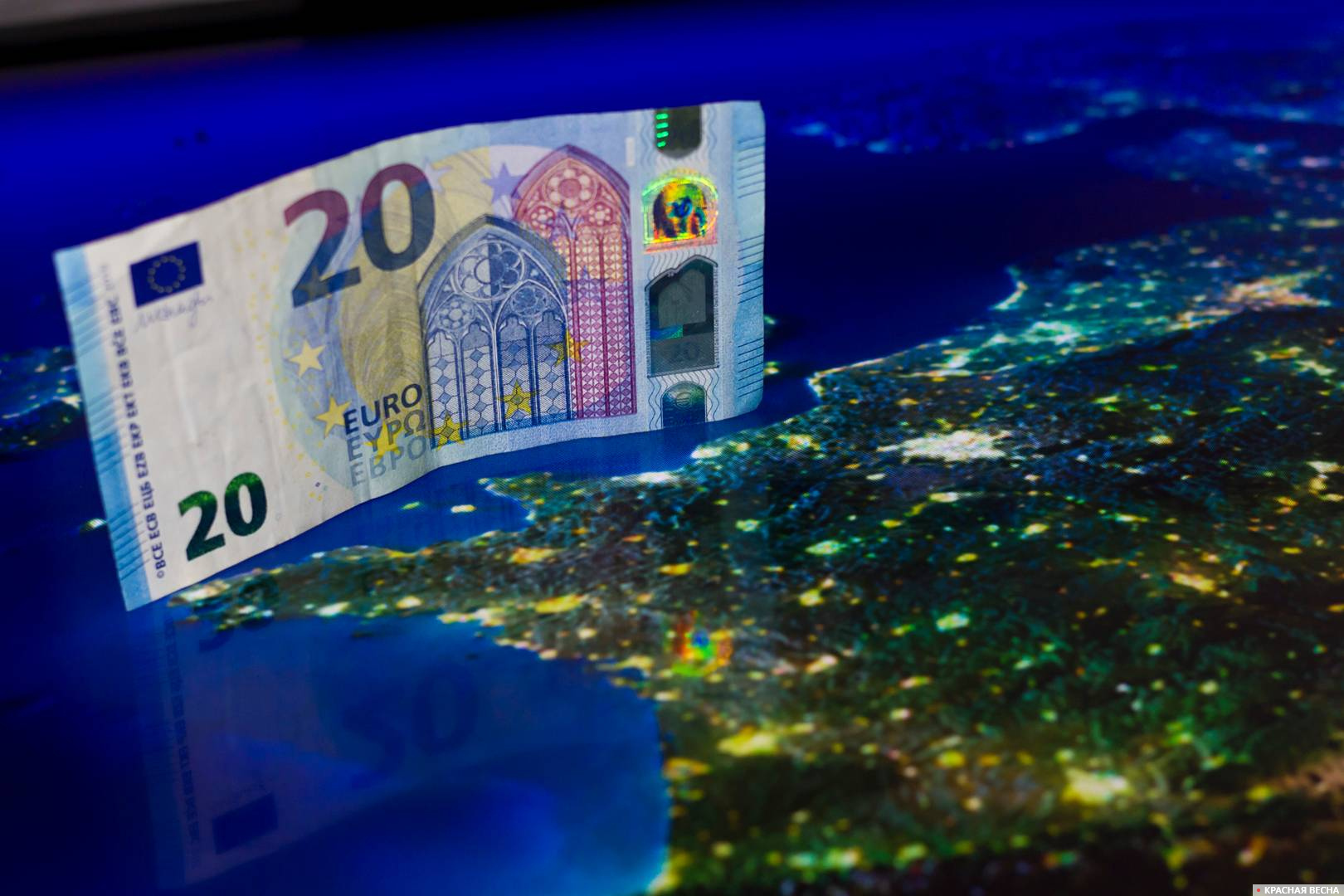
Proposals to impose an exclusive tax on the very rich to finance the ecological transition were rejected by French Prime Minister Elisabeth Born, reports RMC May 27.
Earlier this week, economist Jean Pisani-Ferry, co-sponsor of Emmanuel Macron’s 2017 programme, as part of a report commissioned by the prime minister, proposed the introduction of a “green ISF” (impôt de solidarité sur la fortune, tax solidarity on wealth): an exclusive tax on the financial assets of the very rich to finance the ecological transition. But Prime Minister Elisabeth Bourne ruled out that possibility on Friday when she appeared on France Culture.
Following the introduction of the Green ISF, the Prime Minister called for further savings in other areas. He has already asked ministers to free up 5% of ministry budgets to redistribute to environmental issues.
Thus, Elizabeth Bourne put an end to the cacophony in her government, which lasted several days. The message was clear: the richest would no longer pay taxes, there would be no Green ISF. Some saw it as a failure to undermine environmental ambitions.
“We can’t talk all day that we are cutting taxes and creating a new one”explained the adviser to the Prime Minister, adding that “inover France, we have the highest mandatory tax rate in the world”.
The issue of financing a green transition is still hot: in 2018, it was the introduction of a carbon tax that pushed the French to don yellow vests and block roundabouts. Therefore, the government is reinsured, knowing that “the ghost of the yellow vests still exists”. as they say in the executive branch.
Source: Rossa Primavera
I am Michael Melvin, an experienced news writer with a passion for uncovering stories and bringing them to the public. I have been working in the news industry for over five years now, and my work has been published on multiple websites. As an author at 24 News Reporters, I cover world section of current events stories that are both informative and captivating to read.
